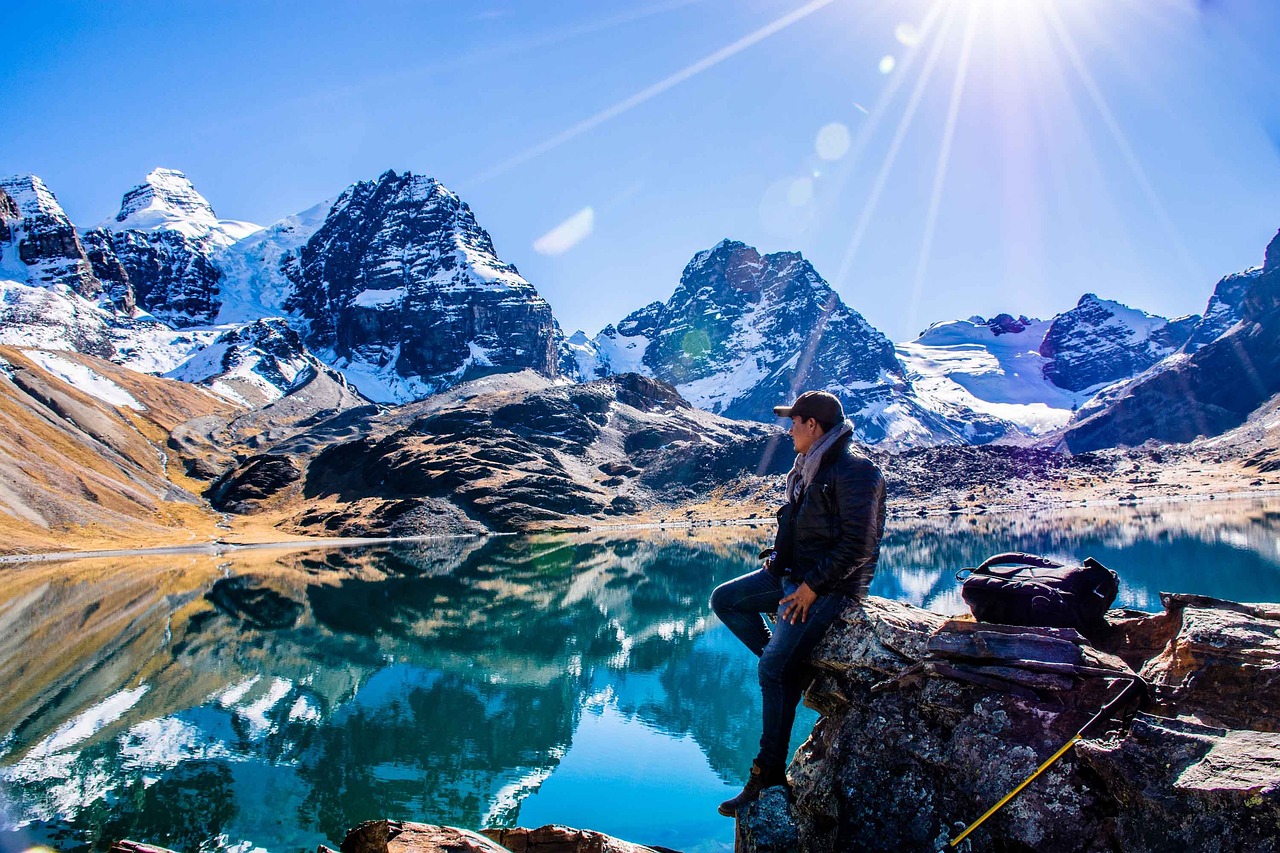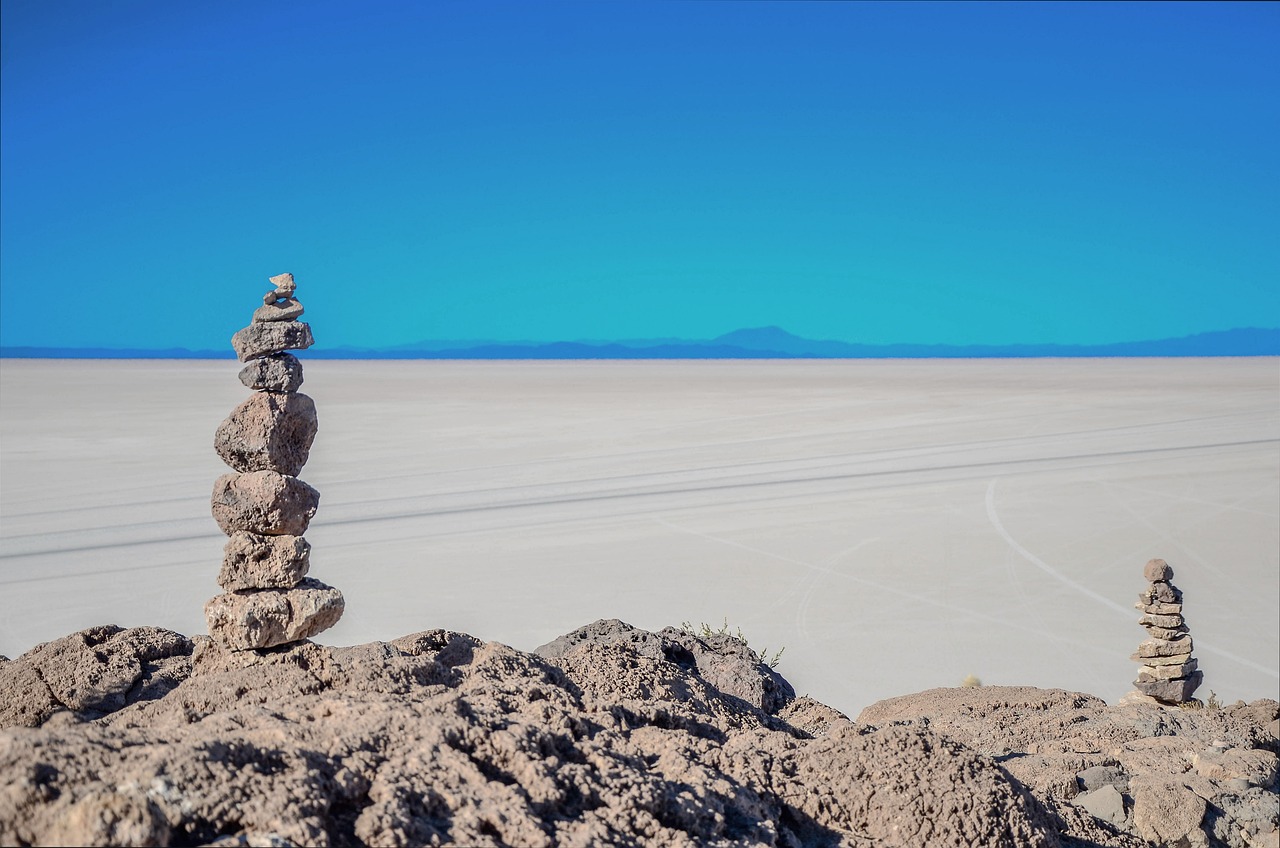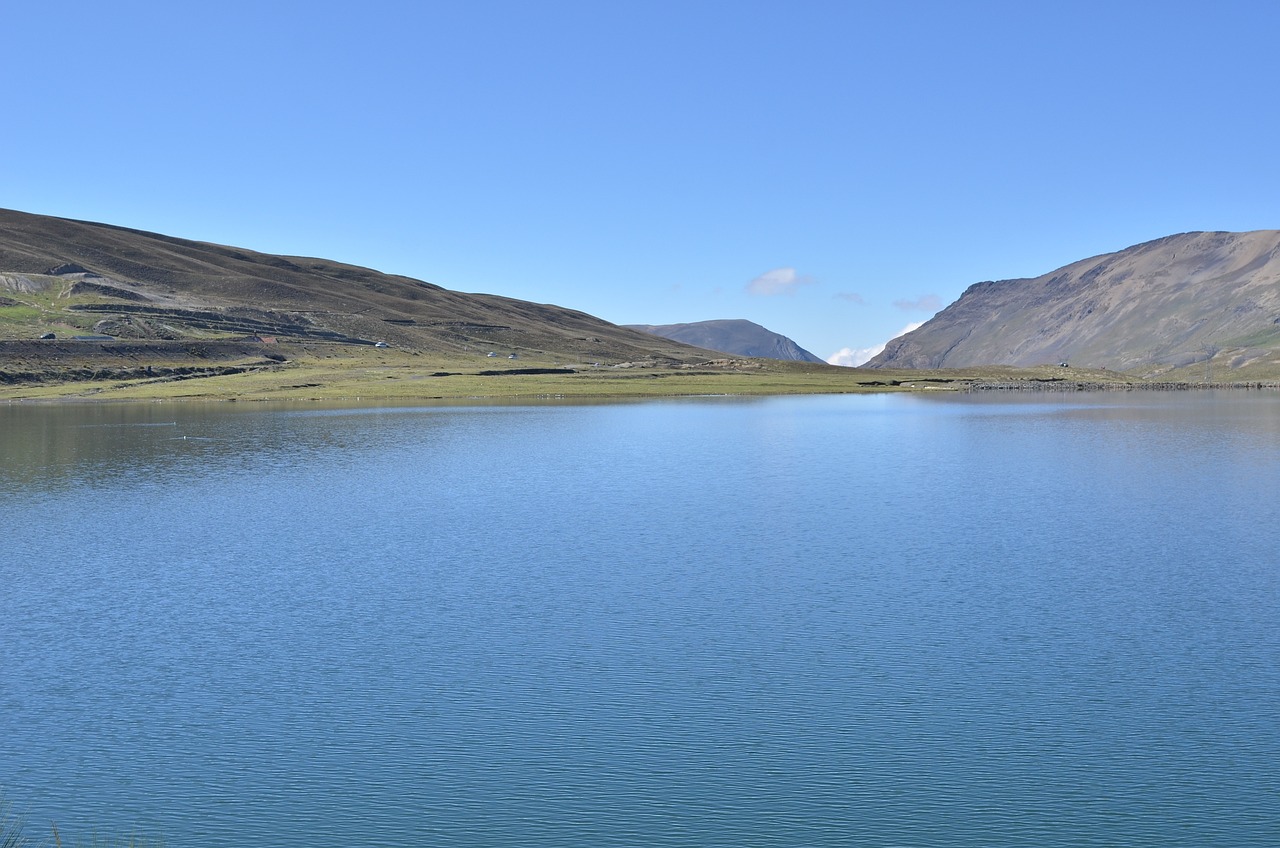Local Celebrations and Holidays: What to Expect in Bolivia
Bolivia is a country known for its vibrant and rich cultural heritage. Throughout the year, various local celebrations and holidays take place, showcasing the diversity and traditions of the Bolivian people. From colorful festivals to religious processions, Bolivia offers a unique and immersive experience for both locals and tourists. This article will provide an overview of some of the most significant celebrations and holidays in Bolivia and what you can expect when visiting this captivating country.
Carnival
Carnival is one of the most anticipated and widely celebrated festivals in Bolivia. Held annually in February or March, it is a time of joy, music, dancing, and elaborate costumes. The city of Oruro is famous for its Carnival celebrations, which are recognized by UNESCO as a Masterpiece of the Oral and Intangible Heritage of Humanity. During Carnival, the streets come alive with vibrant parades featuring traditional folkloric dances and music. The celebration is a mix of indigenous Andean traditions and Catholicism, creating a unique cultural experience.
- Diablada: One of the most iconic dances during Carnival is the Diablada, which translates to “Dance of the Devils.” Participants dress up as demons and dance through the streets, showcasing their intricate costumes and masks.
- Morenada: Another popular dance is the Morenada, characterized by dancers wearing blackface and colorful costumes adorned with bells and sequins. The dance represents the African slaves brought to Bolivia during the colonial era.
- Tinku: Tinku is a ritualistic combat dance performed by indigenous communities in the highlands of Bolivia. It symbolizes the meeting of different communities and is a display of strength and unity.
Image 1:

Inti Raymi
Inti Raymi, also known as the Festival of the Sun, is an ancient Inca celebration that takes place on June 24th each year. The festival honors Inti, the Sun God, and is a way to give thanks for the harvest and pray for a prosperous year ahead. The main festivities are held in the ancient ruins of Tiwanaku, located near La Paz. During Inti Raymi, traditional rituals, dances, and music are performed to connect with the Inca heritage and celebrate the Andean culture.
- Aymara Rituals: The Aymara people, indigenous to the region, perform rituals involving offerings to the Sun God and Mother Earth. These rituals include the burning of coca leaves and the pouring of chicha, a traditional corn-based alcoholic beverage.
- Traditional Dances: Colorful dance troupes perform traditional dances, such as the Waca Waca, Kullawada, and Llamerada, wearing vibrant costumes adorned with feathers and intricate embroidery.
- Reenactment of Ancient Ceremonies: The festival includes a reenactment of ancient Inca ceremonies, with participants dressed in traditional Inca attire and performing rituals that have been passed down through generations.
Bolivian Independence Day
Bolivian Independence Day is celebrated on August 6th to commemorate the country’s independence from Spanish colonial rule. This national holiday is marked by patriotic parades, cultural events, and fireworks displays throughout Bolivia. The largest celebrations take place in the capital city of La Paz, where the main plaza is filled with people waving Bolivian flags and enjoying traditional food and music.
- Military Parades: The Bolivian Armed Forces showcase their strength and discipline through military parades, marching in synchronized formations and displaying their equipment and weaponry.
- Folkloric Performances: Colorful folkloric dance groups from different regions of Bolivia perform traditional dances, showcasing the cultural diversity of the country.
- Fireworks and Festivities: As night falls, fireworks light up the sky, and people gather to celebrate with music, dancing, and traditional dishes such as salteñas (meat-filled pastries) and anticuchos (grilled skewered meat).
Image 2:

Day of the Dead
In Bolivia, the Day of the Dead, known as Día de los Muertos, is a deeply rooted tradition that honors deceased loved ones. Celebrated on November 2nd, families gather in cemeteries to clean and decorate the graves of their ancestors. They bring offerings such as food, drinks, and personal belongings to remember and honor the spirits of the departed.
- Cemetery Visits: Families visit the graves of their loved ones, cleaning and decorating them with flowers, candles, and colorful paper ornaments known as papel picado.
- Offerings: Altars are set up in homes, adorned with photographs, favorite foods, drinks, and other items that were significant to the deceased. These offerings are believed to guide the spirits back to the earthly realm.
- Music and Dance: In some regions, traditional music and dance performances are held in cemeteries, creating a lively and festive atmosphere as a way to celebrate the lives of the departed.
References:
– UNESCO: Carnival of Oruro – www.unesco.org
– Andean Travel Web: Inti Raymi Festival – www.andeantravelweb.com
– Bolivian Embassy in the United States: Bolivian Independence Day – bolivia-usa.org
– Bolivian Express: The Day of the Dead in Bolivia – bolivianexpress.org


